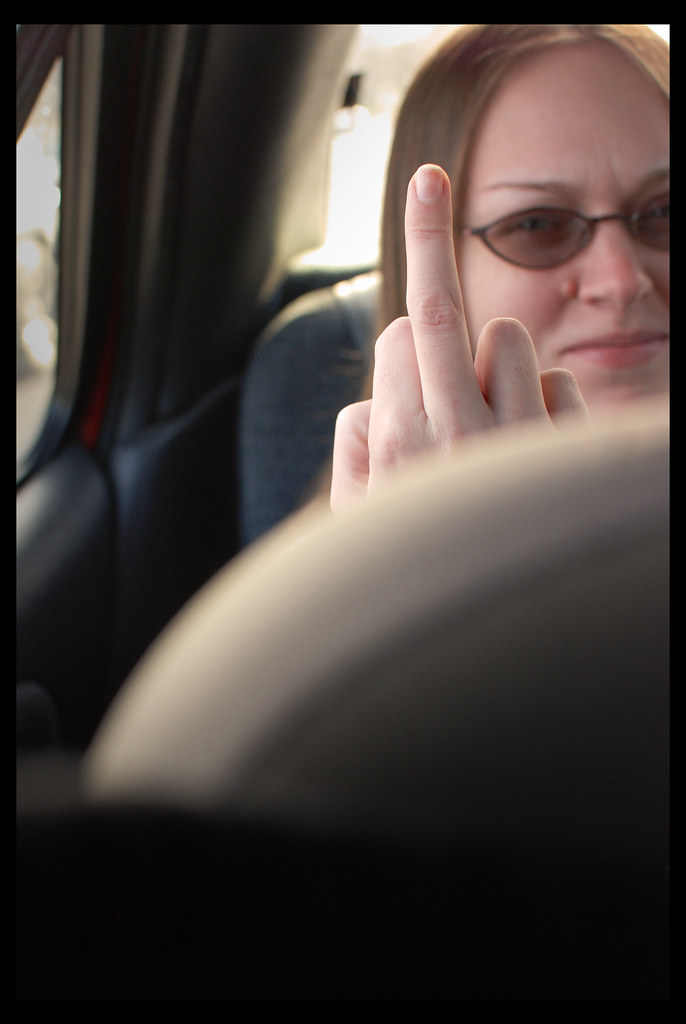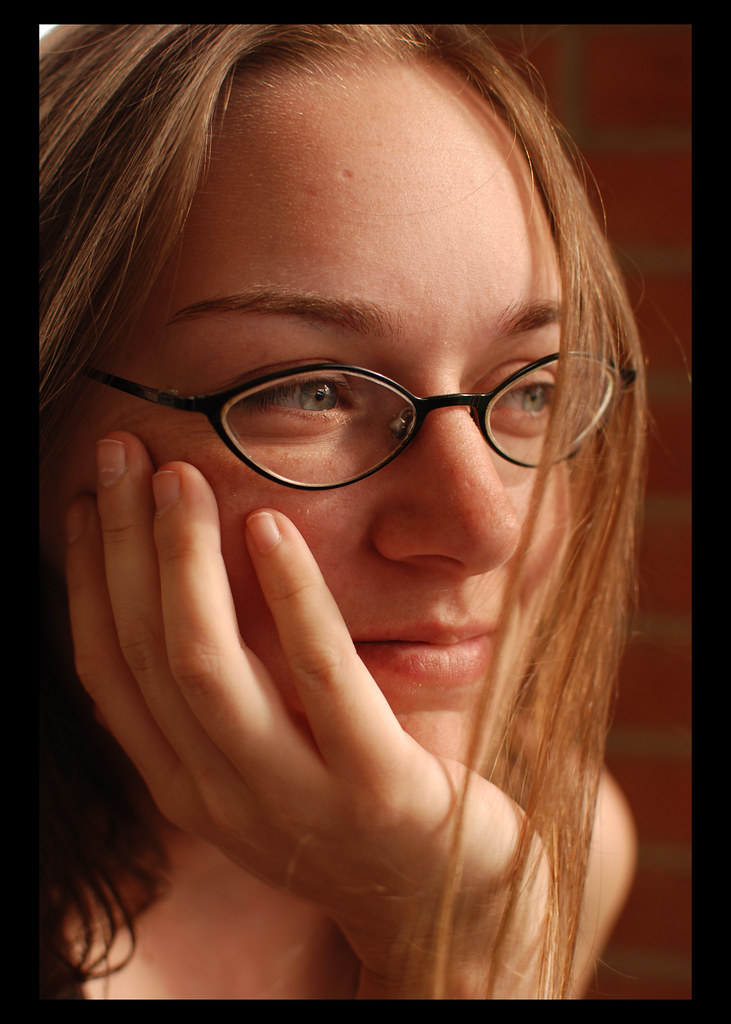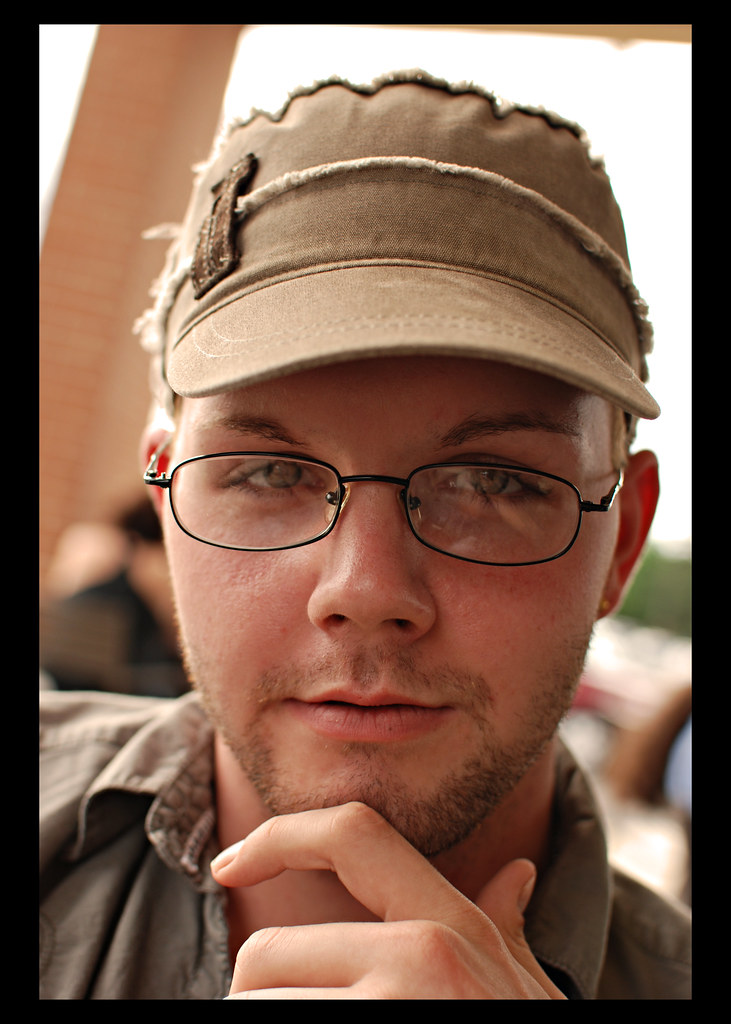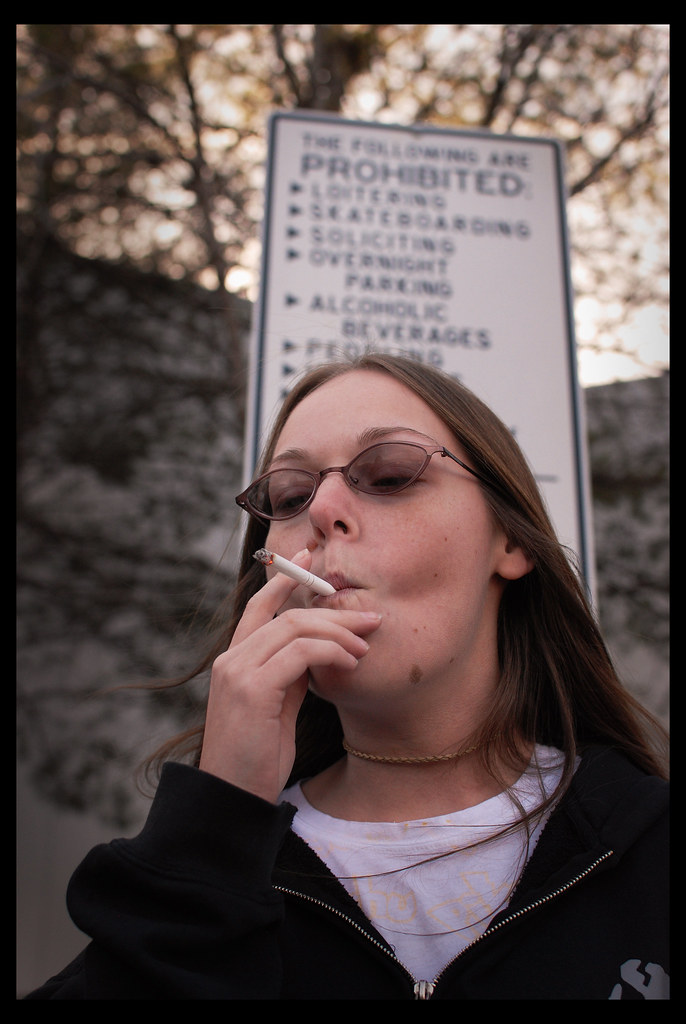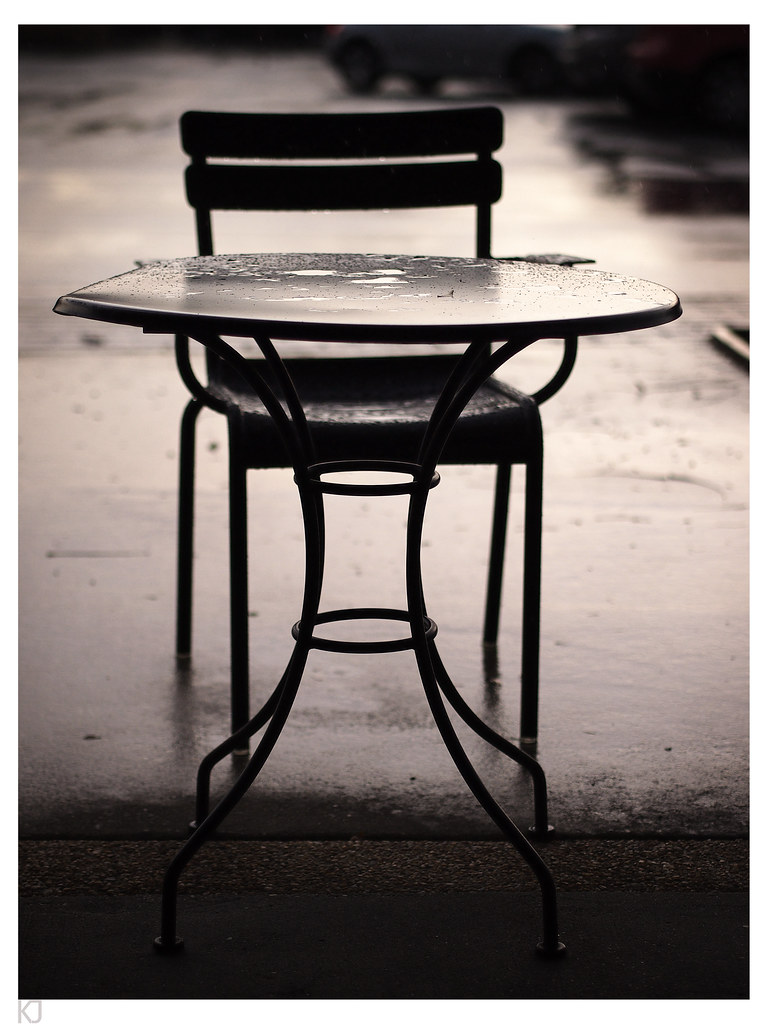When change and progress come about faster than is necessary for the human brain to develop the kind of fondness and familiarity required for a nostalgic relationship to a thing, place or period, it is unsurprising for a cultural shift to ensue that adapts future generations for the new state of things. Being of a "tween" generation caught at the cusp of that change, it's sometimes difficult to reconcile an internalized sense of nostalgia with active recognition that never before has nostalgia ever been so largely irrelevant in society. So when I stumble upon articles written by the last genuinely nostalgic generation, the Gen X 80's children-gone-adults, I take it as something of an excuse to allow for some personal indulgence of my own fond memories of places and consumer archetypes long abandoned for the improvements and efficiency of EBay and Amazon.
To preface my personally framed ramblings and photo share here, the article which spawned this tangential sidebar to the usual photography talk was The Surfing Pizza's "Though Some Have Changed - A Look at My Hometown Through a 1980s Lens". Though an older article (ancient by 2014 terms), it details many places I also remember in my hometown, specifically a deep reflection on the traditional toy store and the sense of awe and magic it inspired in the young, imaginative mind. It details in a frame of reference stretching back prior to my own the movie theater in which I first saw Mortal Kombat (my first video-game-gone-movie experience as a kid), the mall I often visited with my aunt on days she took me out for pizza and a toy at the local KB, and the parking lot I'd wait in with my Dad over a Wendy's kid's meal while waiting for Mom to get out of the gym (a location now occupied by a grocery store). The article is not shy about denoting Glen Burnie's state of "... changing, fading in sections and crumbling in others", and even in the relatively short 4 years since its original writing Glen Burnie continues to morph into an all new unrecognizable shell of a town.
Our experiences of nostalgia are dictated by vivid memory of events in any given place. That fit of nostalgia grows only more cemented into the psyche by loss, either of the person or of the place fitting a specific recollection. Without a place or individual to spur retrieval of nostalgic memory, it is easy for that specific flavor of sentimentality to be lost in the cavernous web of a brain saddled with innumerable recollections and experiences from which more active references exist. Perhaps not in full, but absolutely in part, a motivation of mine in the practice of photography is the retention of memories, to provide a frame of reference from which to draw upon the cataloged sensations of the experiences themselves. I find it one of the most powerful tools to maintain awareness of who we are, where we come from, and how we've changed.
Something monumental happened to me this year, a scary sort of thing that has metastasized in the wake of relentless rationalization of events, my self-defense mechanism against subtle brain games of post-traumatic stress. My idealism and romanticized concepts of people and the progression of events wilted. Fight Club became less a bible volume feeding irrational resistance to all establishment and more a logical criticism of extremes of both consumerism and mindless revolt. Zeitgeist finally sank in as being that crazy, and cameras became recognizable as tools instead of definitive elaborations upon the personalities of the people that used them.
I grew up, basically.
My period of tireless exploration of new things and ideas settled into a reliably shaped mold of comfortable character traits and belief systems less apt to reform on the whims of the preacher's sermon. An accomplishment for all, really, but inherently the end of a period for which I now have nothing but endlessly fond memories, be they grimace-inspiring or laden with restrained tears. Inasmuch, I am now nostalgic toward what I recognize as the lost period of youthful naivety.
I hunted people down for their perceived charisma. Validity of their decided ideologies and character traits were unimportant, it was their confidence I pursued, to bask in awe of the gall they possessed to define themselves so readily, unflinching to opposition. In glorious hindsight, I can recognize the falseness of it, the fallacy of their brandished skin-deep personalities - their "charisma" was their chosen coping mechanism for the same uncertainty of self I was experiencing. We were all amorphous, though.
We met regularly in conflict-ridden social climates. Garage band practices replete with arguments over a lacking "seriousness" to how certain members regarded the dream's pursuit. Alcohol and bonfires and black powder fireworks (and on one occasion, drunken cooking of Beefaroni on a filing cabinet filled with wood and lighter fluid, set aflame). The location most specific to a majority of these social conflict practice sessions was, to Tyler Durden's dismay, a Starbucks. THE Starbucks as we'd come to refer to it, where circles of friends would meet and relationship stresses would be bared like an afternoon airing of Maury or Jerry Springer. For others it was an event to which they ventured, but I lived in the apartment complex behind the shopping plaza into which it was nestled, and so it behooved me to indulge my observational role among all social groups and bare witness to the unfolding of peoples' lives as we stumbled through youth with sloppy sexual experiences and the coarse words always trailing alongside.
Our capacity for social interaction nearly required a trip to The Starbucks as a more comfortable ice breaker than "I'm lonely and depressed and need to talk to someone". Even as we inevitably branched out upon entering our 20's, learning such painful joys as karaoke nights and costume parties, that building remained our hub, the pivot point of our axis. Though the shop would close up by 10:00pm every night, the entire strip mall devoid of customers and employees by 11:00, we would frequently remain cemented at the tables in front of the coffee shop well into the morning, on once occasion long enough to greet the morning crew as it rolled in at 5:00am. They didn't mind, needed no explanation - they knew our faces and at least our first names, this gaggle of 20-somethings interchanging shifts on the steel seats at all hours of all days. I'm sure we were a live action sitcom to them.
I always brought my camera. This was a period in which I hadn't yet developed a confidence in my craft, didn't always know what subjects I liked to shoot and certainly didn't know how to shoot them outside the confines of JPEG and an initial-reaction sense of composition. In 2009 I hungrily snatched up my first prime, the Nikkor 35mm f/1.8 (I was a Nikon boy in those days, a Ken Rockwell devout shooter of the lauded D40). There could have been no better time to be introduced to the magic of the prime, delving into candid portraiture with a documentary fervor. I carried the camera everywhere, all the time, a new concept to a brain that once relegated use of the camera to specific times when the capture of photography for art was the deliberate and direct intent. Photography changed, and it would never return to a once-in-a-while thing. Photography became a reason, not simply a thing to do.
I've tried more than a few time to conjure The Starbucks Crew through desperate appeal to assuredly mutual senses of nostalgia. Success, however, has been largely unattainable - alas, we all appear to have grown up after all. We work incessantly, not a one of us of the privilege to survive on solely a single income. Most of us have our own homes to return to, however, and that is enough import to drive us onward through the frustrations of limited personal time. To that end, the majority of us are single and not looking, blessed with neither the luxury of time nor care for the added stress endured for sake of maintaining relationships. We are inevitably bored and lonely because of it, however, and have found a common weeknight savior in solitary drinking.
My home is no longer front row to the nightly Starbucks Show. In fact, it's nowhere near it, and I begrudge myself the effort required to drive anywhere for coffee I can make for myself, better, at home. But I still gravitated toward it on off-Fridays or bored Saturday mornings, hoping for the chance encounter in which a familiar face stopped by for a frappuccino and ignited fond musings on old times. It never happens that way, though. What is impossible to orchestrate by intent would never occur by chance.
But I still stop by sometimes. For nostalgia's sake. It's simply too comfortable not to bask in.


